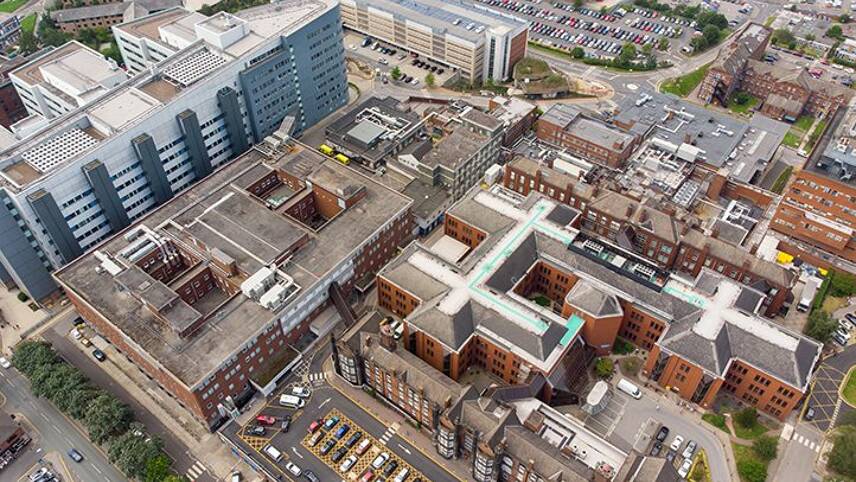Register for free and continue reading
Join our growing army of changemakers and get unlimited access to our premium content

The latest funding round is part of the £2.5bn set aside for government spending on upgrading public sector buildings between 2020 and 2025
According to BEIS, the PSDS will support up to 30,000 new jobs. The £1bn scheme forms part of the Chancellor’s ‘Plan for Jobs 2020’ commitment to support the UK’s economic recovery and will reduce non-traded carbon emissions from the public sector by up to 0.1 MtCO2e/year and up to 0.5 MtCO2e over the next two Carbon Budgets. According to BEIS, this is equivalent to taking nearly 45,000 cars off the road.
In the latest round of funding, which forms Phase 3 of the PSDS, £553m has been made available for local authorities and public bodies. Funding will be awarded for low-carbon heating schemes, wall and roof insulation, double glazing, onsite renewables and LED lighting. The £553m issued today (23 May) forms part of the £1.4bn that will be issued through Phase 3 until 2025.
The Government claims that public bodies and the taxpayers will save, on average, £650m annually on energy bills over the next 15 years. Grants have been awarded to more than 380 public sector organisations in the first two phases of the scheme, supporting more than 30,000 jobs.
Through PSDS funding, low-carbon heating solutions will be fitted at 160 locations, including Birmingham Children’s Hospital, Manchester Fire and Rescue and historic venues at the Royal Botanic Gardens, Kew.
Business and Energy Minister Lord Callanan said: “Using cleaner technology to heat our civic buildings is helping to shield public sector organisations from costly fossil fuels, especially at a time of high global prices.
“This funding will bring significant savings for taxpayers of well over half a billion pounds each year by making public buildings cheaper to run, heat and cool, whilst supporting economic growth and jobs across the country.”
Red tape
Notable buildings to have received funding so far include the Queens Medical Centre, after Nottingham University Hospitals NHS Trust was awarded £70m, while the Greater Manchester Combined Authority is receiving £15.5m to install low carbon heating across the Greater Manchester Fire and Rescue Service, the University of Salford, the National Football Museum and Manchester University.
The latest funding round is part of the £2.5bn set aside for government spending on upgrading public sector buildings between 2020 and 2025. The PSDS will help meet a goal of reducing emissions from public sector buildings by 75%, compared to 2017 levels, by 2037.
Guidance on how to apply for the next round of applications will be published in July, with the application window planned to open for applications in September.
However, those trying to gain access to funding from the PSDS have expressed annoyance at the amount of red tape that they needed to navigate, while also lamenting the lack of clarity on when funding windows will open and close. Some sustainability professionals operating within the sector claimed they didn’t have enough time or relevant information to submit a grant request. Indeed, smaller entities in the public sector may be put off by the time and expertise required to submit for funding.
The Net Zero Estate Playbook, has been published by the Cabinet Office to provide details on how to access the PSDS. It states that a fully developed “Green Book” for compliance should be included in the submission, but written by someone with Better Business Cases Practitioner qualifications.
However, the is a feeling in the sector that public sector organisations are having to “compete against each other”, rather than working collaboratively, in order to gain funding for decarbonisation.
The Conservative Party has vowed to allocate a total of £9.2bn to energy efficiency over the course of this Parliament. Buildings are attributable to around 40% of the UK’s energy use annually and one-third of its greenhouse gas emissions. They have repeatedly been cited by the Committee on Climate Change (CCC) as a key challenge on the road to net-zero.


Please login or Register to leave a comment.